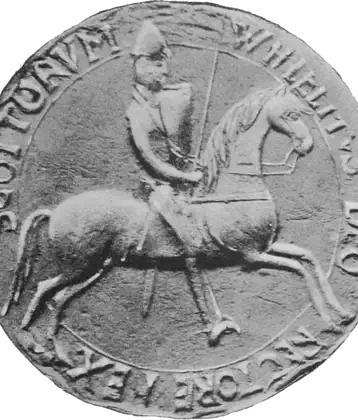
The Scottish Reform Act of 1832 was a significant piece of legislation that reformed the parliamentary representation system in Scotland. It was part of the broader Reform Act of 1832 (also known as the Great Reform Act), which applied to England, Wales, Scotland, and Ireland. The Act addressed widespread demands for electoral reform, which had been growing in intensity due to the outdated and inequitable nature of the parliamentary system.
Background
Pre-Reform Electoral System: Before the 1832 Reform Act, Scotland’s electoral system was highly restrictive and unrepresentative. Voting rights were limited to a very small portion of the population, primarily wealthy landowners and the aristocracy. Many parliamentary seats were controlled by a few influential individuals, and large cities such as Glasgow and Edinburgh were severely underrepresented in Parliament.
Growing Demand for Reform: The early 19th century saw increasing pressure for electoral reform across the United Kingdom, driven by a rising middle class, urbanization, and growing political awareness. In Scotland, there were significant disparities in representation, and the lack of a broad franchise led to widespread dissatisfaction.
Key Provisions of the Scottish Reform Act of 1832
Expansion of the Electorate: The Act significantly expanded the number of people eligible to vote in Scotland. Before the Act, fewer than 5,000 people had the right to vote; after the Act, the electorate increased to about 65,000. The franchise was extended to include more men based on property ownership, including tenants who paid rent above a certain threshold.
Redistribution of Seats: The Act also addressed the issue of “rotten boroughs” (small constituencies with very few voters that were easily controlled by a single person or family) by redistributing parliamentary seats more fairly across Scotland. Major cities like Glasgow, Edinburgh, Aberdeen, and Dundee received additional representation, reflecting their growing importance and population.
Creation of New Boroughs: Several new parliamentary boroughs were created, and boundaries were adjusted to better represent the population. This helped to reduce the imbalance where small rural areas were overrepresented compared to larger urban centers.
Improved Representation: The Act gave Scotland an additional 8 seats in the House of Commons, increasing the total from 45 to 53. This was still a modest representation compared to England, but it was a significant improvement for Scotland.
Impact and Legacy
Political Engagement: The Scottish Reform Act of 1832 was a major step forward in making the electoral system more democratic. By broadening the electorate and improving representation, the Act laid the groundwork for further reforms in the 19th and 20th centuries. It also helped to increase political engagement and participation among the Scottish middle class.
Continued Push for Reform: While the 1832 Act was a significant improvement, it did not establish universal suffrage, and many working-class men and all women were still excluded from voting. This led to continued demands for further reform, resulting in additional Reform Acts in 1867 and 1884, and eventually the extension of the vote to all men and women over the age of 21 in the 20th century.
Legacy: The 1832 Scottish Reform Act is remembered as a crucial turning point in the history of Scottish democracy. It marked the beginning of the modern electoral system in Scotland and played a key role in shaping the political landscape of the country.
The Scottish Reform Act of 1832 was instrumental in addressing the inequities of the old electoral system and set the stage for the gradual democratization of Scotland’s parliamentary representation.
More From This Day









